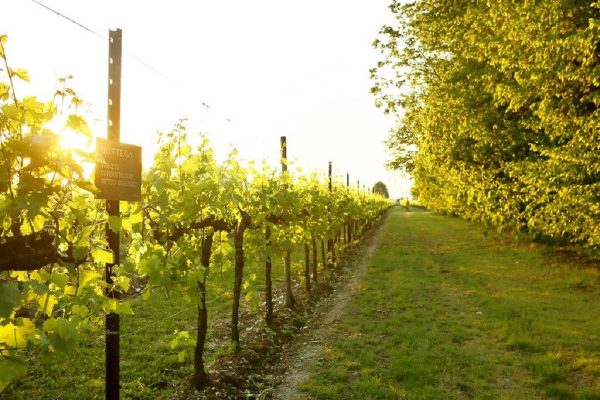
BOTTEGA: WINE AND GRAPPA ON THE ROAD TO RECOVERY IN THE NAME OF SUSTAINABILITY
26 June 2020The early months of 2020 significantly destabilised the Italian economic system. The spread of the Coronavirus left deep wounds affecting practically all sectors. The prolonged closure of bars and restaurants, in addition to complex procedures for their reopening, has obviously had very strong repercussions also on the wine sector. Our company has since metabolised the inevitable drop in turnover and reduction in the number of orders placed by both Italian and foreign clients. In just a few months the world has changed with an unprecedented shift in the paradigms used to plan for the future and guide the recovery. We are likely to experience the imposition of a different lifestyle, one already in gestation as a result of climate change, thanks to which consumerism is being progressively replaced by the awareness that we can no longer live beyond our means, rather we need to respect the limitations of our planet’s natural resources. This probably won’t translate into an immediate change of pace, but more likely a gradual process with the most evolved countries leading the way, followed shortly by all the others. In this context, the value of environmental and social sustainability represents an important starting point for Bottega. To help overcome these difficult times, for both ourselves and our suppliers, the company has decided to make a special effort to support farmers and small growers in the Prosecco zone, undertaking to purchase grapes at a fair price, despite the market difficulties and overall economic situation. By supporting those who cultivate small plots, thus contributing to the preservation of a truly unique territory, we hope to restore to the land a small part of what the Prosecco phenomenon has helped create. Enhancing the value of Prosecco and the grappa its grapes produce has always been a primary mission for Bottega, especially since glyphosates were eliminated from the denomination, almost the only example of its kind in agriculture.
